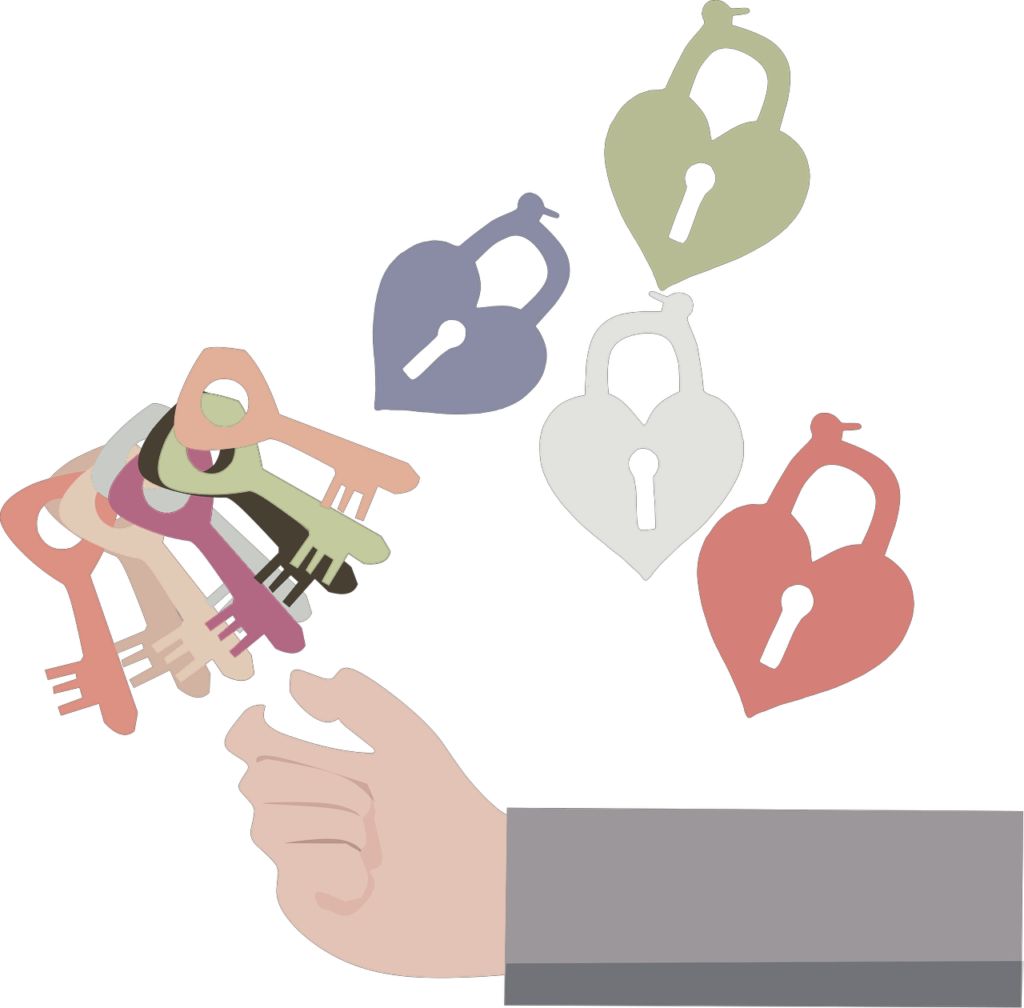Emotional Intelligence (EQ) is the ability to assess and respond appropriately to different people, their emotions, the situations and interactions we find ourselves in. It is vital because people are often at the centre of everything we do socially and professionally.
What is EQ and how is it different to IQ?
Much like Intelligence Quotient (IQ), every one of us has EQ of varying levels. Some of us have a lot of it and others not so much. But unlike IQ which cannot be changed, we can all take steps to gain more emotional intelligence and become emotionally savvy.
Some people will quickly come to mind when we think about intelligence or IQ. Perhaps Albert Einstein and Sir Isaac Newton, or the lesser known, Philip Emeagwali from Nigeria? The truth is we may not all be geniuses, but we certainly have it.
IQ has to do with one’s intelligence and is often predetermined by mother nature (genetics). It is a quantifiable numerical score that reflects one’s level of intelligence or cognitive ability. It is measured through taking a series of standardised and objective tests, which may have their own demerits. Nonetheless, human intelligence falls on a wide spectrum and ranges from high, average to low. Needless to say those falling on the higher end of the IQ scale are fewer in number and are often regarded as ‘gifted’ or ‘genius’ while those on the lowest end of the spectrum may be found, though not always, to experience varying levels of cognitive impairment. Most people however fall in the middle of the scale and with more than adequate levels of cognitive and intellectual abilities.

Can we measure EQ?
EQ has to do with how we respond emotionally and is predetermined less so by mother nature (genetics) but by other factors including one’s environment (nurture). EQ can be measured but perhaps less objectively than IQ. Whilst IQ assessments might measure one’s ability to recall a set of numbers among other things, emotional intelligence is determined by one’s softer abilities such as empathy. There are EQ tests but often it is identified by observing behaviour then determining whether one has it or not. The subjectivity of how emotional intelligence is measured cannot be overlooked and neither can the variability across borders/cultures, nevertheless there are certain universal actions and behaviours that can be seen in those people said to have abundant levels of emotional intelligence. For example, how would you rate the emotional intelligence of a manager, regardless of where in the world they are, whose idea of giving feedback involves putting an employee down? Or a friend who laughs when tragic news has been shared?

Appreciating that EQ’s subjectivity makes the concept difficult to define, this article simply sees it as an enhanced ability to assess and respond appropriately to emotions, emotional situations and the interactions we find ourselves in in our daily life. One has not only got to assess situations accurately but also follow up with appropriate behavioural responses. Moreover, truly emotionally savvy people not only respond effectively to their own emotions but also to those of others. David Goleman in his insightful bestseller put it rightly that those with high levels of emotional intelligence are not only very aware of who they are but are equally able to pick up on other people’s emotions.
It is worth appreciating that much like Intelligence Quotient (IQ), every one of us has EQ of varying levels. Some of us have a lot of it and others not so much. But unlike IQ which cannot be changed, we can all take steps to gain more emotional intelligence and become emotionally savvy.
The value of Emotional Intelligence?
Is it better to have higher IQ than EQ? It is not for us to choose our IQ. However, society often seems to place more value on higher intellectual or cognitive abilities. Indeed, most people have come to believe these are the key to success.
Whereas the IQ of people like Albert Einstein and Sir Isaac Newton are most certainly desirable, there is now strong current evidence showing that those with moderate to low levels of IQ but with high levels of EQ can equally succeed in life, or do better, when compared to those with higher levels of IQ but with low levels of EQ.
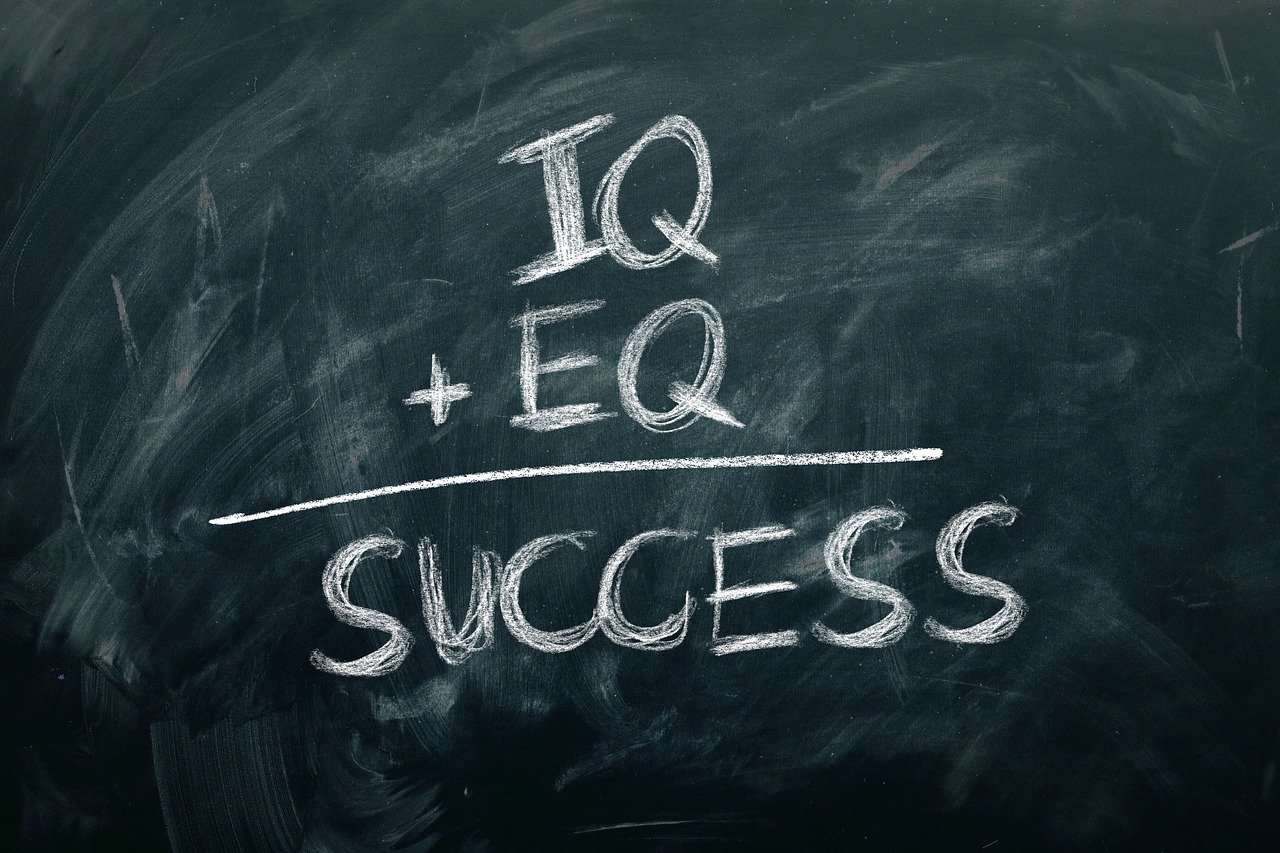
And rightfully so. People are at the centre of everything we do in our personal and professional lives (even the lone-working software developers will occasionally encounter people if only to ask them what they think about their software).
Regardless of what you do or who you are, EQ can be of benefit – whether you are a leader, manager, employee, doctor, nurse, teacher, student, farmer, software developer, family, friend, or even a date! In her book Why Him, Why Her? Helen Fisher, a biological anthropologist beautifully highlights four personalities along with their levels and manifestations of emotional intelligence. This is a must read, her insights are not just for those looking for love but those looking to understand themselves and others in order to sustain emotionally healthy relationships.
It may not be apparent to everyone, but EQ has significant value to add to our lives. It increases harmony, performance and enriches relationships both socially and professionally. People are much happier and more productive when around emotionally intelligent people.
Signs of Emotional Intelligence
Consider your answers to the following questions to help you determine your level of emotional intelligence. On a scale of zero to five (0 – 5), how well are you able to?
- Identify your emotions and emotional behaviours whilst understanding what triggers and affects them positively or negatively?
- Assess other people’s emotions or emotional behaviours and respond appropriately?
- Be aware of the effects your emotions and emotional behaviours have on those around you, both socially and professionally?
- Take charge of unhelpful emotions and emotional behaviours to prevent them from harming your personal and professional relationships?
- Establish, manage, and sustain healthy personal or professional relationships?
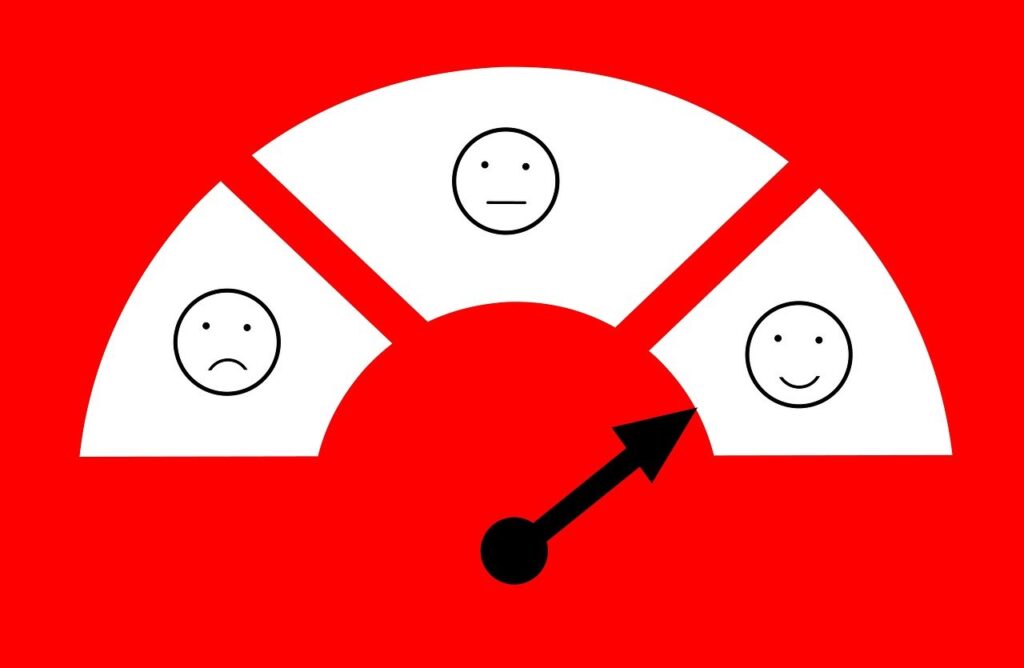
How to become more emotionally intelligent
Do not despair if your score above is not great! Whilst there is very little we can do to change our IQ, evidence shows there are lots of things we can do to become more savvy emotionally. To learn more of the three key skills below, join our practical Emotional Intelligence Skills course.
1. Identify and understand emotions
First, know yourself. Your goal here is self-awareness.
To help you with self-awareness
- Try a personality test such as the renowned Meyers Briggs Test, the Belbin Test or perhaps a less structured personal SWOT analysis.
- Ask for feedback from someone you trust. You may want them to give them some tips first on how to give feedback as not everyone knows how to do this constructively.
Some resources/books to help you with self awareness:
- Know Thyself: The New Science of Self-Awareness
- Self-Awareness: How to Develop Self-Awareness
- The Power of Self-Awareness in a Self-Deluded World
- Self-awareness: Its Nature and Development – written by an MD, old but gold
- And more cautiously… The Curse of the Self: Self-Awareness, Egotism and the Quality of Human Life
Tip: Be honest in your soul-search but try to not be too self-critical. The goal is self-awareness, it is not an opportunity to beat yourself up. Even Lady Grantham in Downton Abbey aptly cautions about self-reflection as “a dangerous occupation… No life appears rewarding if you think too much about it”.
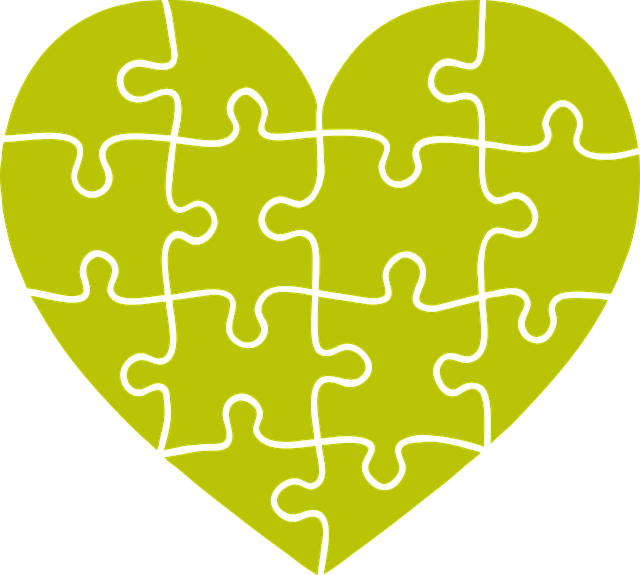
Second, know others. Your goal here is to increase your social awareness.
To help you with social awareness
- Encourage those in your world to take a personality test such as the renowned Meyers Briggs Test, the Belbin Test or perhaps a less structured personal SWOT analysis. The results will help in knowing each other better and improving the relationship, whether personal or professional.
- Know the different ranges of emotions there are and how they manifest.
- Interact with different people.
- Carefully observe people’s emotions and behaviour, and practice active listening skills.
Some excellent resources on social awareness include:
- Why Him Why Her ( this is not a romance book but good honest feedback on communication differences and personalities)
- It’s OK to be Different: A Children’s Picture Book About Diversity and Kindness or I Am Enough (for younger readers or the emotional child in us)
- One Drip: Shifting the Lens on Race
- Hidden Disabilities
- The Adolescent and Adult Neuro-diversity Handbook: Asperger Syndrome, ADHD, Dyslexia, Dyspraxia and Related Conditions
- Human Diversity: The Biology of Gender, Race and Class
- The Spirit Level: Why Equality is Better for Everyone
Tip: Be open minded, flexible and create an environment of trust. Show empathy even when you think it is undeserved and expect people to be different from you and each other.
Join our practical Emotional Intelligence Skills course.
2. Assess emotions and situations
Your goal here is to identify general emotional patterns and to assess a current situation effectively.
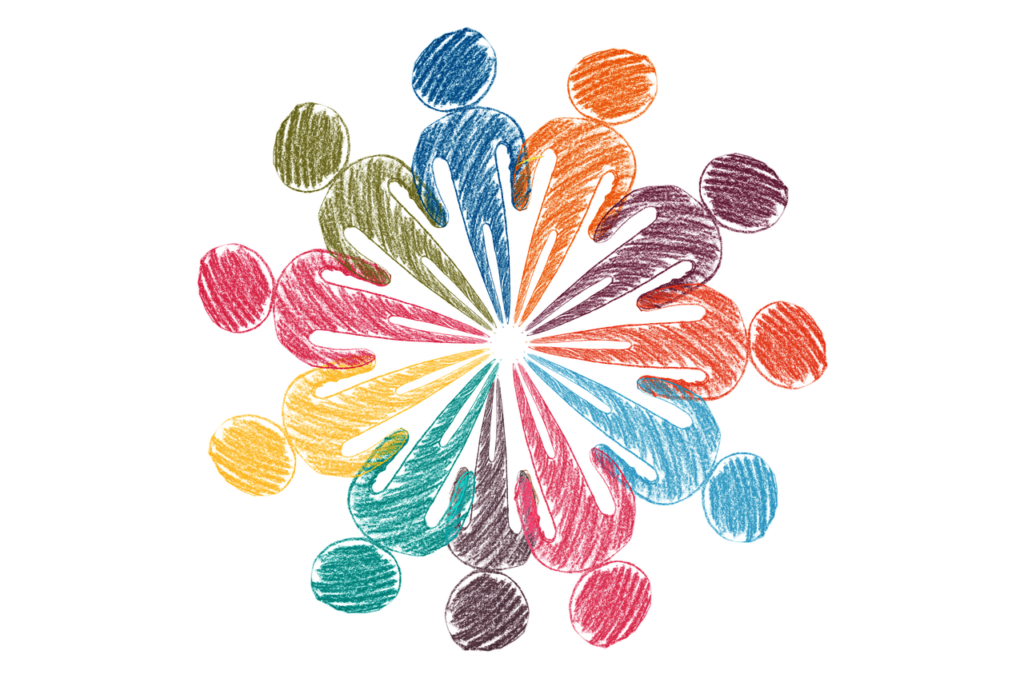
To help you with assessing emotions and situations:
- Read the situation accurately. Observe the emotions and behaviour of others. Identify patterns but careful not to judge them or jump into conclusions. Find helpful ways to confirm observations.
- Ask people about their emotions/behaviour and practice active listening skills.
- Understand the drivers and root causes of any concerning emotions and behaviour from you or others. Deal with any underlying issues such as trauma.
Some excellent resources/books on assessing emotions include:
- Why Him Why Her – Helen Fisher
- Healing Trauma – Peter Levine
Tip: In assessing emotions, yours and those of others, it is important not to jump into conclusions as things are not always what they seem and some are driven by deep-rooted underlying factors such as trauma.
3. Manage emotions and situations
Your goal here is to identify and apply appropriate strategies in response to emotions and situation at hand.
To help with managing emotions and situations
- Communicate effectively
- Invest in developing a deeper understanding of emotions and of different ways to mitigate an unhelpful emotions and situations
- Get feedback on your emotional intelligence skills
Some excellent resources on assessing emotions include:
- How to Win Friends and Influence People
- Why Him Why Her – Helen Fisher
- Assessing the Healing Power of the Vagus Nerve: Self-Help Exercises for Anxiety, Depression, Trauma and Autism
Tip: Try not to memorise emotional situations and responses, you could appear mechanical when dealing with people and emotions. Aim to assess each situation on its own merits and to respond in the most appropriate response – e.g. don’t jump for grief and mourn for joy or reward a slacking employee and punish a productive one.
Join our practical Emotional Intelligence Skills Course where we go deeper into these four skills.
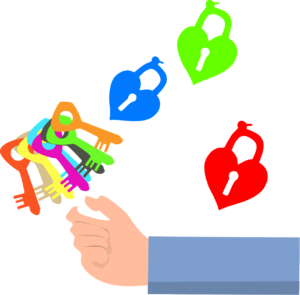
Some Dos and Don’ts for Emotional Intelligence
Do
- Confront emotions
- Take genuine interest in others
- Offer and ask for help
- Be responsible and own up to mistakes, apologise when out of step
- Communicate effectively and empathetically where needed
- Empty yourself off of negative emotions and optimise positive ones – try relaxation strategies such as mindfulness (apps, essential oils, book take a break, etc)
- Speak your mind and feel empowered
- Respect boundaries and know when you are being intrusive
- Address root causes of disruptive emotions, consider counselling, life coaching or self-help e.g. through Peter Levine’s resource (Healing Trauma)
- Commit to self-improvement strategies – join our practical Emotional Intelligence Course
Don’t
- Be avoidant
- Act in anger
- Disrespect others
- Discriminate/exclude
- Manipulate
- Pass judgement
- Lose patience with yourself or others
To summarise Emotional Intelligence
Sufficient emotional intelligence will help you effectively identify and respond to different people, their emotions and the social situations you find yourself in. Remember, emotions are terribly fluid, therefore be patient while learning how to better handle them in yourself and when dealing with others. And of course don’t forget that some situations and personalities are easier to handle than others, but nonetheless it can be done effectively.
Let us know how you get on with getting more and more emotionally intelligent.
Get more information about our practical Emotional Intelligence Skills course.

